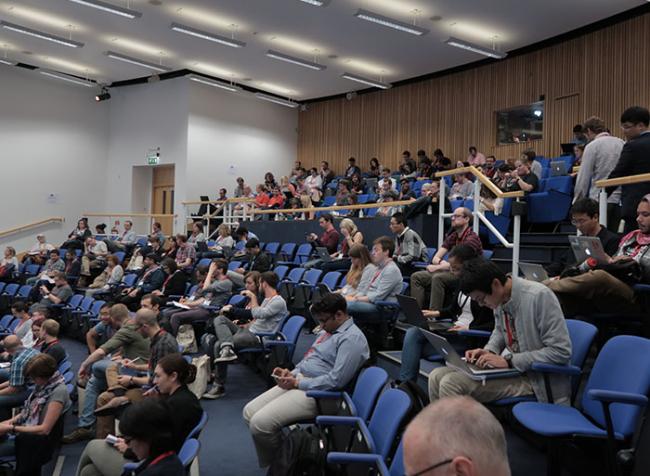Perhaps these numbers can be explained by a general lack of knowledge, or interest.
The highest scoring group in a cultural knowledge quiz were the “confident engagers,” with those who were “concerned” scoring lowest.
However, the feedback for individual topics doesn’t necessarily reflect this. Three quarters of the British public feel that food security is a big issue globally, while 67% of respondents feel that food security will become an increasing issue in the UK in the future.
Sadly, however, the report focuses a major segment on genetic modification (GM) technologies. Considering that 80% of respondents think that no technologies should be ruled out in order to increase food production, perhaps - as the report pertains to - we should start framing GM as part of a holistic solution, rather than a standalone agricultural technology.
Along the food security theme, the use of robots in agriculture is something that is relatively unheard of compared with the manufacturing industries. Or space exploration.
Only 5% of survey respondents had heard a substantial amount of information relating to this, with 66% supporting a role for robots in agriculture (though, importantly, 87% of the confident engagers are in favour of this, highlighting that more can be done to engage and inform other groups).
The use of robots, particularly for timely and cost-effective monitoring of crop health, could significantly increase our yields in the future, something that 72% of people were in support of generally.
With green technologies, too, there is a similar story; 77% of people are in favour of the use of offshore wind farms, with over half of respondents also in favour of carbon capture and storage as a method to reduce climate change. The numbers in favour of fracking were far lower.


















